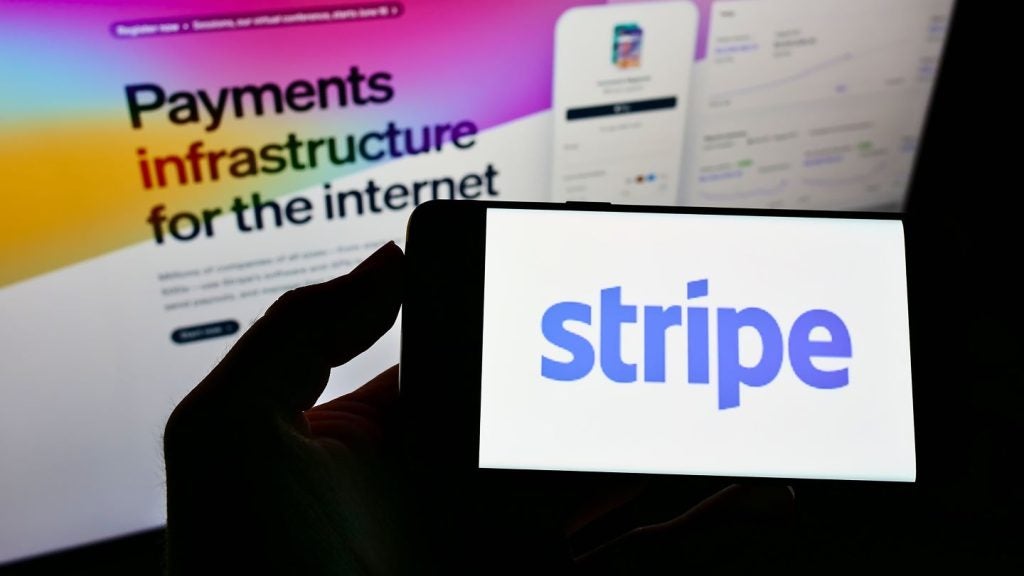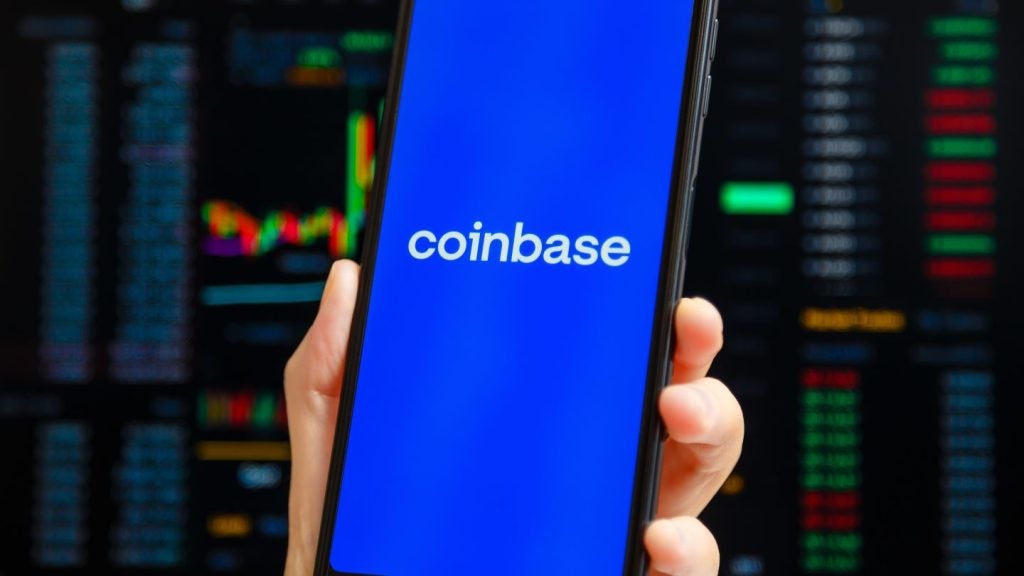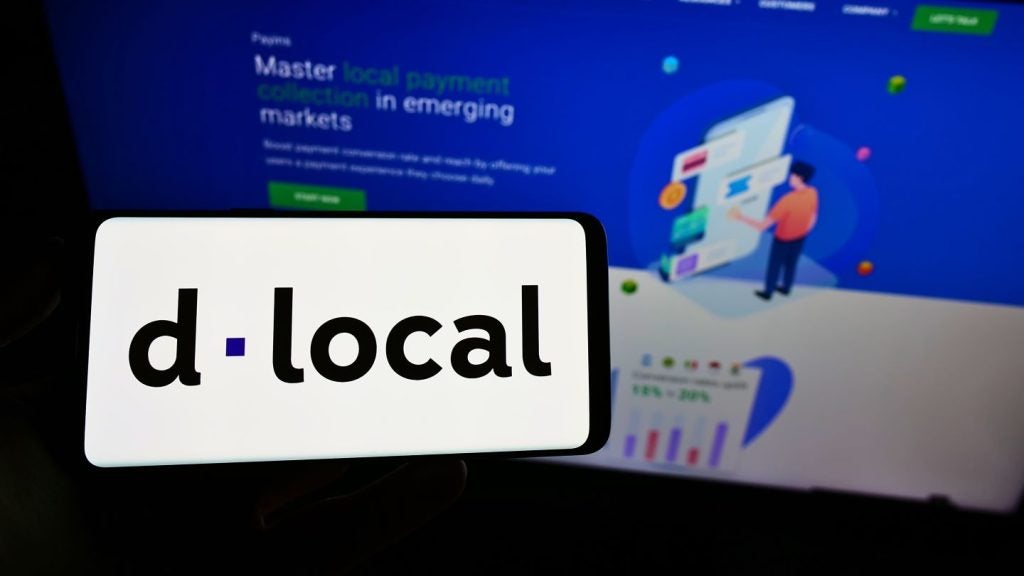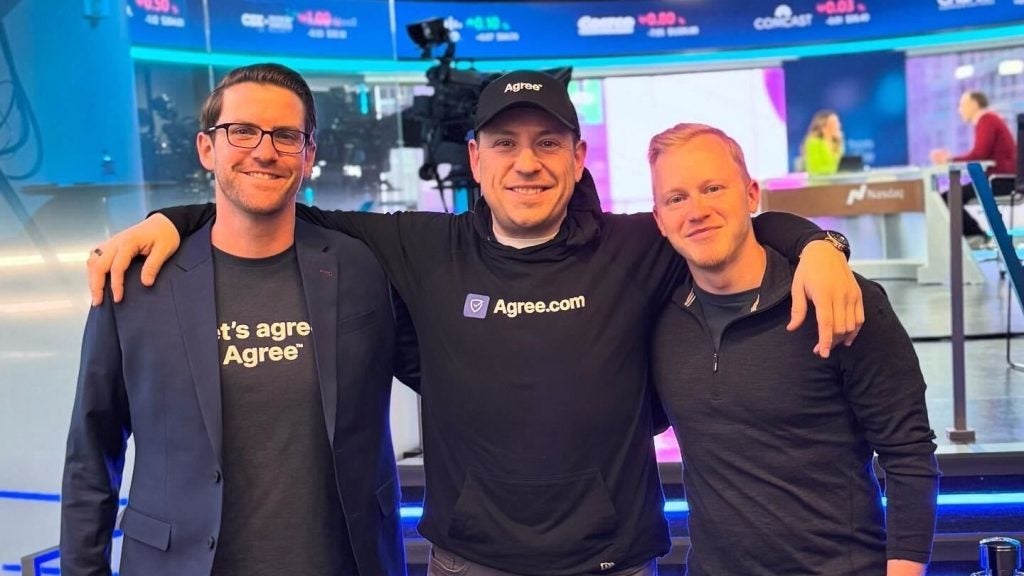UK-based B2B payments service provider
Earthport has agreed to adopt the standards for low-value
cross-border payments specified by the International Payments
Framework Association (IPFA).
The IFPA was established in February 2010 as a
US-based not-for-profit association which administers the
International Payments Framework (IPF).
The IPF provides rules, standards, operating
procedures, and guidelines to simplify global cross-border,
non-urgent credit transfers, and to enable interoperability between
domestic and regional non-urgent payments systems and banks.
Based on the ISO 20022 XML open standard, the
IPF uses SWIFT for message transfers.
IFPA founding members include SWIFT, PayPal,
ANZ, US Bank, Wells Fargo, the UK’s VocaLink, Equens, Clear2Pay and
Fundtech. In February 2011, Microfinance International Corp.
(MFIC), the Washington, DC-based provider of the ARIAS global
remittance platform, joined the IPFA.

US Tariffs are shifting - will you react or anticipate?
Don’t let policy changes catch you off guard. Stay proactive with real-time data and expert analysis.
By GlobalDataSame objectives as IPFA
“The IPFA’s goal is to provide standards that
make it easier to set up cross-border low-value transfers between
ACHs in different parts of the world,” Neil Burton, head of product
strategy at Earthport, told Electronic Payments
International during this year’s SIBOS conference in
Toronto.
“Since Earthport is in the business of
providing efficient cross-border transfers, we share the same
objectives as the IPFA.
“Earlier this year, I spoke with several banks
that said they were very interested in the concept of the IPFA, but
they felt that the IPFA was not sufficiently advanced to
cost-justify their investing in its framework,” Burton said.
“Initially, the IPFA has been operating only
in the Europe-to-US axis, and the banks said they want the IPFA to
offer transfers in more currencies. But, as Earthport is now
an IPFA member, this means we can offer IPF connectivity to our
partner banks, without them having to forge their own counterparty
relationships through the IPFA.”
Since October 2010, Germany’s DZ Bank has been
using the IPF to send US dollar, euro and sterling transfers on
behalf of its corporate clients via Equens to US Bank via the US
Federal Reserve Atlanta.
The IPFA announced at SIBOS that it is
planning to expand its reach to Brazil, South Africa, Australia and
Canada, and that it has begun an effort to incorporate direct
debits to its platform.
Low-cost white label P2P
platforms
Earthport is licensed by the UK’s Financial
Services Authority, under the European Union’s Payment Services
Directive, to provide cross-border credit transfers to 200
countries worldwide. The firm has established a network of
correspondent banks around the world with which it holds local
currency accounts.
It enables corporates to make payments such as
salaries and expenses to overseas workers and also pay invoices
incurred by their foreign subsidiaries.
In addition, Earthport provides a low-cost
platform for person-to-person remittances which it white-labels to
companies such as US-based online money transfer firm Xoom and the
Philippine National Bank.
“We want to use our network and our IPFA
membership to help banks to get into the person-to-person
remittance business,” said Burton.
“If banks can offer remittance services to
unbanked consumers, they can potentially build a long-term banking
relationship with them.”
Earthport is able to offer low-cost transfers,
as it aggregates payments that are going to the same destination,
rather than sending multiple individual payments, Burton said.







